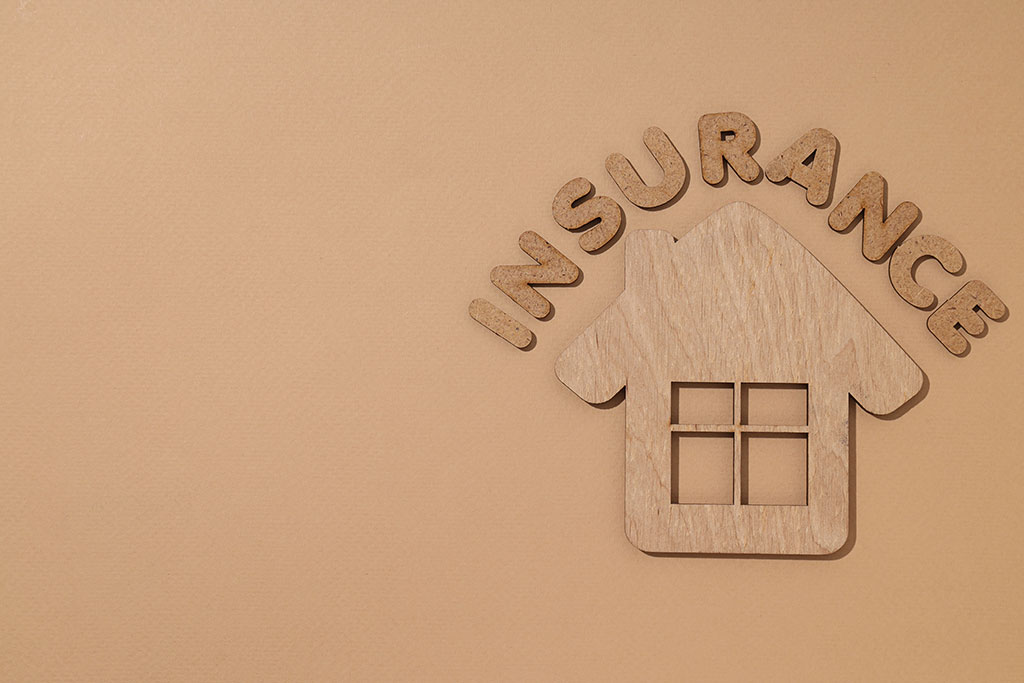Mobile Home Insurance: What’s Covered And What’s Not
Michelle DeLong
february 27, 2024

Insurance isn’t just a piece of paper; it’s peace of mind. For mobile homeowners, this peace takes the form of mobile home insurance. This coverage is a shield against the unexpected. Fire, theft, storms — life’s full of surprises. Not all of them are pleasant. Insurance for mobile homes works just like it does for standard homes, but it’s tailored. It fits the unique nature of a mobile home.
At Ignite Communities, we see beyond construction and locations. We see your safety and stability. That’s why getting started is easy with us. We offer more than homes; we provide communities. Trust is as important as timber in the houses we craft. Trust your home with us, and explore insurance that fits your lifestyle.
Mobile Home Insurance Fundamentals
Mobile home insurance shares elements with traditional home insurance. It provides coverage for the built structure and personal belongings. Public liability is also crucial. If a visitor gets hurt at your mobile home, the liability portion of your policy takes care of the medical expenses.
In the insurance world, mobile homes fall under a unique category. More than regular home insurance will be required. These homes face different threats – from transport damages to specific environmental challenges. Recognizing these demands is the first step towards accurate ensuring.
Physical Damage Coverage Scope
Coverages vary greatly among insurance companies and policies. Common staples include damages from fire, theft, and severe weather conditions. Unfortunate events such as burst pipes, vandalism, and falling objects make the list, too. Extended coverage might include additional disaster protection. This might count things like floods and earthquakes.
Applaud yourself for deciding to secure your mobile home against physical damage. Your physical damage coverage includes the actual mobile home, any attached structures, and possibly other structures on your premises.
Personal Property Protection Limits
Personal property coverage pays to repair or replace belongings stolen or damaged in an insured disaster. Identifying your personal belongings and totaling their value is essential here. From clothing and furniture to electronic appliances and decor. Remember, excluding anything of value might hurt in case of a loss.
Yet Individual limits apply. Most insurance companies enforce limits for certain kinds of items. Common examples include cash, jewelry and watches, business property, watercraft, and firearms, among others. It’s helpful to be aware of these limits. In certain circumstances, you may want to consider purchasing additional coverage.
Understanding Liability Coverage
Liability coverage carries a significant weight in your mobile home insurance policy. Should a not-so-unseen event occur in your abode, such as a person sustaining an injury, this coverage comes into play. The radius of this coverage goes beyond the bodily harm aspect; it also covers potential legal bills if a lawsuit arises from the accident.
Imagine a situation where a guest has, unfortunately, had an accident at your home. Your liability insurance covers your medical costs. Suppose they, for some reason, decide to take legal action, the policy goes further into securing your interests. You’d be backed up against the potential legal fees, offering you peace of mind amidst a tumultuous situation.
Location and Weather Factors
The geographical setting of your mobile home stands as a salient factor when considering insurance. Regions prone to natural disasters such as floods and tornadoes might command higher premiums. These weather considerations feed into the cost and extent of coverage needed.
For example, an area prone to harsh winter conditions might require coverage against weather damage. In contrast, a mobile home in a tropical area might need additional protection against hurricanes or flooding. Remember, along with geographical locations come explicit weather patterns and related damages. Insurance carriers take these variables into account while calculating your premium; hence, it’s imperative to factor in these considerations while choosing your policy.
Claims and Reimbursement Process
Experience dictates that the claims and reimbursement process for mobile home insurance often activates under stressful circumstances. A tree might fall, or a fire may cause damage to your home—events that trigger the need for an insurance claim. Filing a claim typically involves a methodical approach to documentation, from the incident report to the damage assessment. This organized method ensures that you receive the appropriate compensation for your loss.
Initiating a claim begins with contacting your insurer. Promptness is key; early communication can significantly impact the ease of navigating through the process. The insurer will typically require a detailed account of the event, documentation of the damages, and possibly a police or fire report. These initial steps pave the way for the insurer to assess the situation accurately and determine coverage eligibility. The insurer may dispatch a claims adjustor to inspect the damage and gauge the costs of repair or replacement, leading them to offer a settlement.
The Settlement and Follow-up
Receiving compensation for your claim marks the culmination of the process – but not its end. The settlement offered should align with the policy’s terms and the scale of your loss. Upon agreement, the insurer will undertake the payment process, which could be a direct payment to you or the repair service providers. However, acceptance of the initial settlement is not mandatory. Policyholders possess the right to negotiate or dispute the settlement if it does not cover the losses adequately.
Take the Next Step with Ignite, Discover Affordable Quality Living
Home isn’t just a place; it’s a feeling. With us, you get both. It’s time to find your home. A place where insurance is a stronghold, not a headache. We guide you through choosing the best policy. Don’t just insure your home. Ensure your peace of mind with a policy that’s as secure as the community around you.